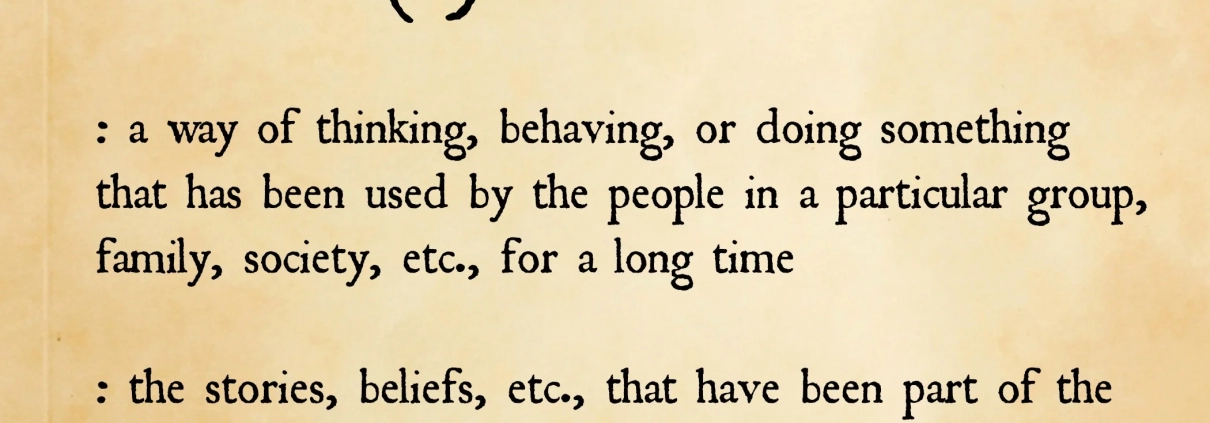Holy Week is Not a Trampoline Act
Our worship professor at the Claremont School of Theology was an eccentric person. The Right Reverend Jon Olson ordered 16 ounce bottled Coke by the crate and drank it warm; he never drank any other soda and never out of a can. He was an Episcopalian cleric and his worship service was high church – incense, kneeling rail, drinking directly from the cup and he finished it off when everyone had partaken. He was known for his quotable lines. Once when we went to the symphony and sushi afterwards, he said, “Good sushi reminds us that everything will be all right.” About working with a congregation he said: “Whatever you do don’t move the flowers.” And about this holy season: “Holy Week is not a trampoline act.”
Historically American Protestant Churches moved away from all that was liturgical and over ritualized; many were anti-Roman Catholic. We forget that in the nineteenth century the immigrants that people wanted to keep out of America were Irish Catholics. Out goes the incense, the Latin, the traditional communion liturgy, weekly communion, all male priesthood, gaudy liturgical garments, the liturgical year, the worship of saints and special days for saints. Also, many special days were less emphasized – Ash Wednesday, Epiphany, All Saints (in the Presbyterian Church we celebrated Reformation Day instead), and the special Holy Week services: Maundy Thursday and Good Friday. This is where the trampoline reference comes in. Many Protestant churches celebrate Palm Sunday focusing on the praise of Jesus – his “triumphal” entry into Jerusalem and then are back in church singing Alleluias on Easter, neglecting important parts of the story.
During Holy Week we remember the story of Jesus – the whole story: Jesus’ entry into Jerusalem on a donkey, which was a rejection of triumphalism; Jesus’ confronting the powers that be by turning over the tables at the Temple; Jesus’ wrestling with his fate in the Garden of Gethsemane; The Last Supper, the Betrayal of Judas and Peter and the fleeing of the disciples; Jesus’ before the Council and Pilate (Herod too in the gospel according to Luke); Jesus’ crucifixion, death and burial – before we sing our alleluias on Easter. Most of the websites of other local churches focus on Easter. Interestingly, many of them have Good Friday services but not Maundy Thursday services. But the Good Friday services focus on substitutionary atonement – Christian Faith Center even has a picture from Mel Gibson’s movie, The Passion of Christ. (The website that was most similar to our – actually the only one – was Advent Lutheran.) In this theological perspective there is not invitation to live the story but only to believe that Jesus died for our sins. In this way, most Protestant Christians still avoid the difficult stuff – we don’t have to suffer because Jesus suffered for us, rather than being called to follow Jesus even into suffering and death. It remains a trampoline act. Rather, we are called to live the whole story: the humility of Palm Sunday, the anger in confronting the oppressive, cruelty and injustice of those in power, the anxiety of the Garden, the abandonment of betrayal, the blessed sense of connection in the Upper Room with the Last Supper, the humiliation of standing before Pilate, the utter pain of death and then to again feel the power of resurrection on Easter. This is the story of our lives. And there is real power in this story – spiritual power.
When I was growing up I didn’t know any of this. I think there was a Good Friday service at noon but I never went to it. (I went to their website and this year they have a Maundy Thursday service but no Good Friday service.) Over my years in ministry I have tried to attract people to these services but nothing seems to work. In our worship committee meeting we floated the idea of having just one service on Thursday, just like First Presbyterian in Corvallis. But I said no – this is what we do – this is our story and I will lead a Maundy Thursday service and a Good Friday service even if we only have three people. And they will be traditional services – no attractive frills – this is what we do and this is who we are. See you in worship. P. Jim.





Leave a Reply
Want to join the discussion?Feel free to contribute!